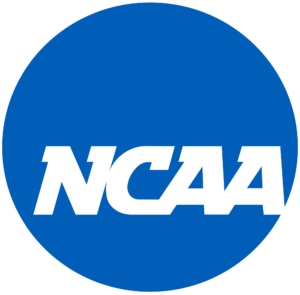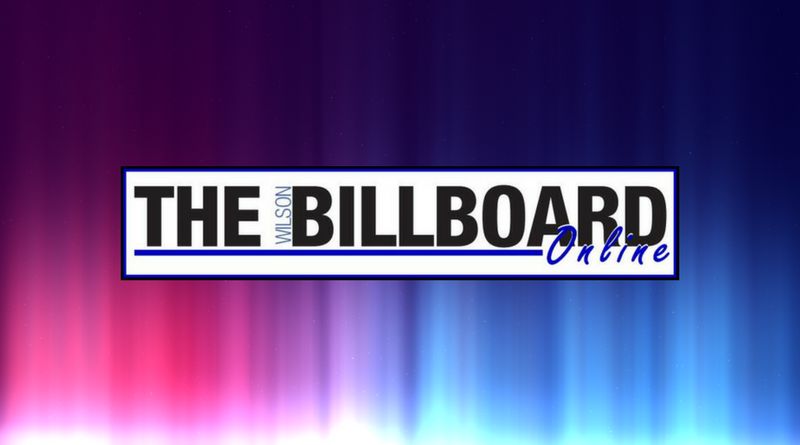Mental Health of Athletes: It Happens to Us, Too

Photo from WikiMedia
More than ever, the NCAA and college institutions have sought out resources and information to help student athletes with mental health issues. It’s important for student athletes to realize that mental health is becoming a rising condition among athletes and there are many ways to seek help.
According to the National Alliance on Mental Illness (NAMI), it is estimated that 1 in 5 adults experience mental illnesses within a given year. NAMI also released information that more than 25% of college students have been diagnosed with a mental illness or have been treated by a healthcare professional for mental illnesses within the last year.
Student athlete mental health often goes unnoticed or talked about. In the past five years, it has just started to appear in the spotlight. Published in 2014, Brian Hainline, the NCAA’s first chief medical officer said, “Student-athlete mental health is an under-recognized issue, and if managed improperly, leads to poor performance in sport and the classroom, and can potentially lead to life threatening emergencies.”
Besides being expected to perform highly in the classroom, student athletes also have the added pressure of sports. They must juggle a rigorous practice schedule, weekly games and travel, and a workout schedule. Student athletes also have to prioritize their time so that they can also accomplish everything they need to within a given week. Although it may seem easy, it is a very hectic and tiresome process which can lead athletes to develop anxiety or depression.
The underlying problem with student athlete mental health is that many athletes will not seek out help. Instead of getting treatment, they try to hide it. In return, this leads to a decline in academic and athletic performance. The stigma that is placed on athletes is that by seeking help it is showing a sign of weakness, however, this is not the case. We have to attack this stigma to let athletes know that it is beneficial to seek help.
At Wilson, there are many resources student athletes can utilize such as the Counseling Center. Wilson’s counseling services are available during various hours Mon-Fri and appointments can be made by using counseling@wilson.edu.
For athletes that want additional information on mental health, the NCAA has published various materials that can be found at http://www.ncaa.org/sport-science-institute/mental-health. In recent years, the NCAA has also published Mental Health Best Practices Guide, which helps to understand and educate schools, coaches, and athletes on student athlete mental wellness.

